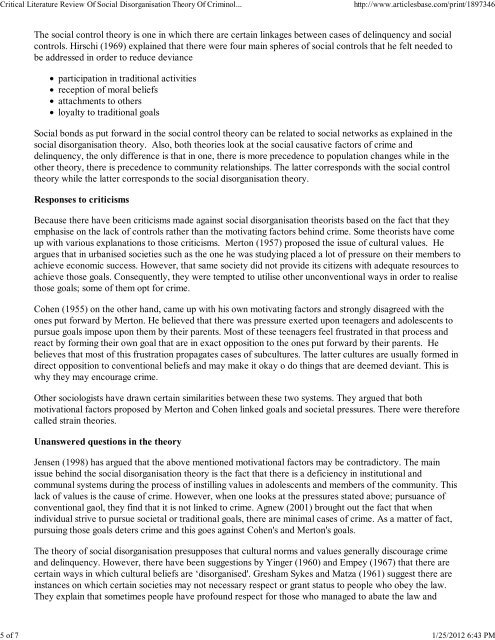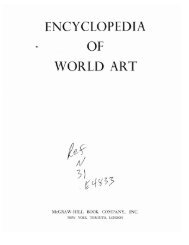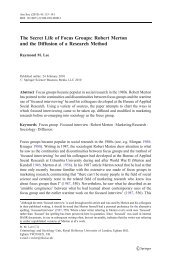Critical Literature Review Of Social Disorganisation Theory Of ...
Critical Literature Review Of Social Disorganisation Theory Of ...
Critical Literature Review Of Social Disorganisation Theory Of ...
You also want an ePaper? Increase the reach of your titles
YUMPU automatically turns print PDFs into web optimized ePapers that Google loves.
<strong>Critical</strong> <strong>Literature</strong> <strong>Review</strong> <strong>Of</strong> <strong>Social</strong> <strong>Disorganisation</strong> <strong>Theory</strong> <strong>Of</strong> Criminol...http://www.articlesbase.com/print/18973465 of 7 1/25/2012 6:43 PMThe social control theory is one in which there are certain linkages between cases of delinquency and socialcontrols. Hirschi (1969) explained that there were four main spheres of social controls that he felt needed tobe addressed in order to reduce devianceparticipation in traditional activitiesreception of moral beliefsattachments to othersloyalty to traditional goals<strong>Social</strong> bonds as put forward in the social control theory can be related to social networks as explained in thesocial disorganisation theory. Also, both theories look at the social causative factors of crime anddelinquency, the only difference is that in one, there is more precedence to population changes while in theother theory, there is precedence to community relationships. The latter corresponds with the social controltheory while the latter corresponds to the social disorganisation theory.Responses to criticismsBecause there have been criticisms made against social disorganisation theorists based on the fact that theyemphasise on the lack of controls rather than the motivating factors behind crime. Some theorists have comeup with various explanations to those criticisms. Merton (1957) proposed the issue of cultural values. Heargues that in urbanised societies such as the one he was studying placed a lot of pressure on their members toachieve economic success. However, that same society did not provide its citizens with adequate resources toachieve those goals. Consequently, they were tempted to utilise other unconventional ways in order to realisethose goals; some of them opt for crime.Cohen (1955) on the other hand, came up with his own motivating factors and strongly disagreed with theones put forward by Merton. He believed that there was pressure exerted upon teenagers and adolescents topursue goals impose upon them by their parents. Most of these teenagers feel frustrated in that process andreact by forming their own goal that are in exact opposition to the ones put forward by their parents. Hebelieves that most of this frustration propagates cases of subcultures. The latter cultures are usually formed indirect opposition to conventional beliefs and may make it okay o do things that are deemed deviant. This iswhy they may encourage crime.Other sociologists have drawn certain similarities between these two systems. They argued that bothmotivational factors proposed by Merton and Cohen linked goals and societal pressures. There were thereforecalled strain theories.Unanswered questions in the theoryJensen (1998) has argued that the above mentioned motivational factors may be contradictory. The mainissue behind the social disorganisation theory is the fact that there is a deficiency in institutional andcommunal systems during the process of instilling values in adolescents and members of the community. Thislack of values is the cause of crime. However, when one looks at the pressures stated above; pursuance ofconventional gaol, they find that it is not linked to crime. Agnew (2001) brought out the fact that whenindividual strive to pursue societal or traditional goals, there are minimal cases of crime. As a matter of fact,pursuing those goals deters crime and this goes against Cohen's and Merton's goals.The theory of social disorganisation presupposes that cultural norms and values generally discourage crimeand delinquency. However, there have been suggestions by Yinger (1960) and Empey (1967) that there arecertain ways in which cultural beliefs are ‘disorganised'. Gresham Sykes and Matza (1961) suggest there areinstances on which certain societies may not necessary respect or grant status to people who obey the law.They explain that sometimes people have profound respect for those who managed to abate the law and




